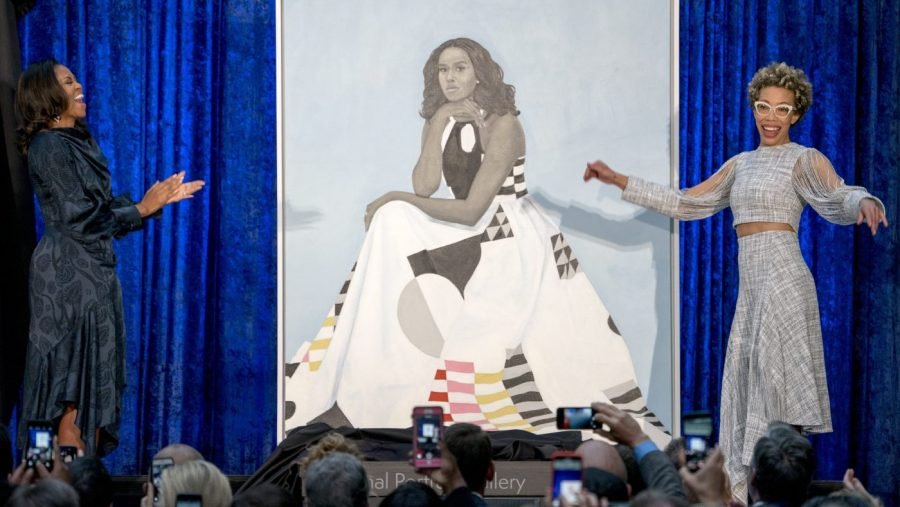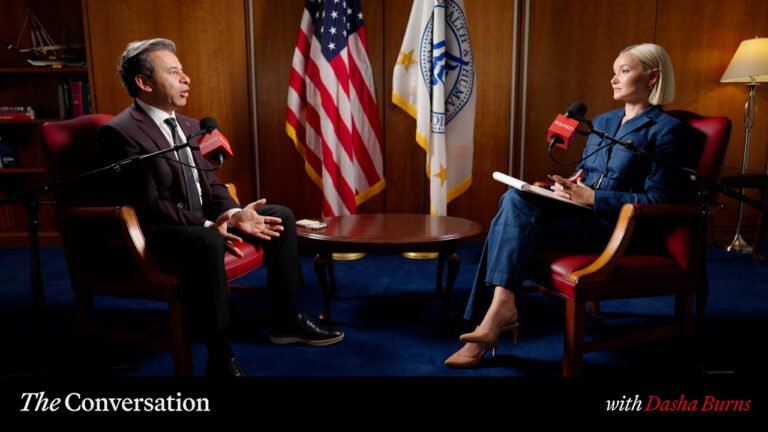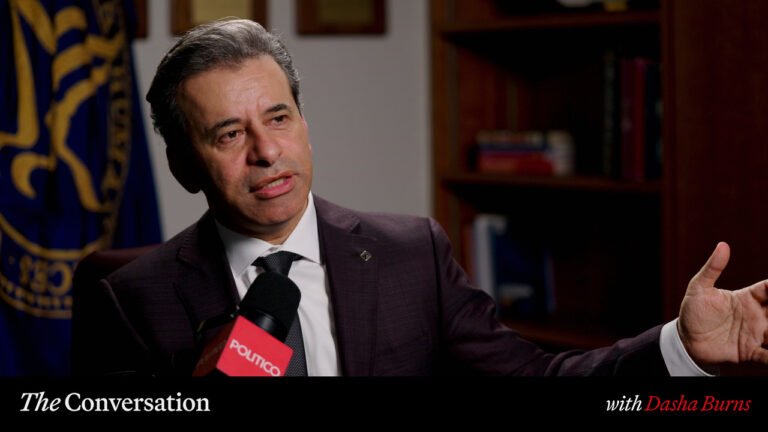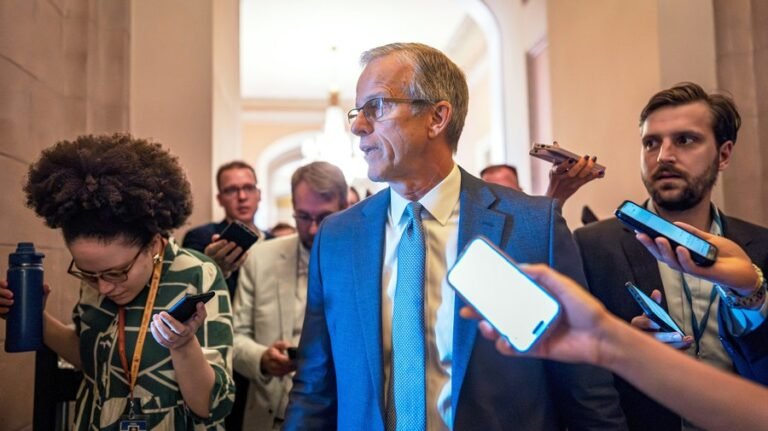
Renowned artist Amy Sherald pulled her September show, “American Sublime,” at the Smithsonian’s National Portrait Gallery in Washington due to concerns over what she described as the museum’s “culture of censorship.”
Sherald said Smithsonian Secretary Lonnie G. Bunch III urged her to replace one of her painting’s dedicated to trans visibility, entitled “Trans Forming Liberty” with a video of people’s reactions to the artwork.
The piece depicts a transgender woman posing in the likeness of the Statue of Liberty.
“I cannot in good conscience comply with a culture of censorship, especially when it targets vulnerable communities,” Sherald said in a statement to The New York Times, which first reported the show’s cancellation.
“At a time when transgender people are being legislated against, silenced, and endangered across our nation, silence is not an option,” she added.
Sherald is well-known for her portrait of former first lady Michelle Obama, which drew over 2 million visitors to the National Portrait Gallery in 2018 alone.
In 2016, she became the first Black woman to win the National Portrait Gallery’s Outwin Boochever Portrait Competition, accompanied by a $25,000 award.
She said her “Trans Forming Liberty” piece could not be properly received if not seen hanging at the museum.
“The video would have opened up for debate the value of trans visibility and I was opposed to that being a part of the ‘American Sublime’ narrative,” she told the Times.
However, a Smithsonian spokesperson denied her version of Bunch’s words and instead said the secretary wanted the video to accompany her piece, according to the outlet.
“The Smithsonian strives to foster a greater and shared understanding. By presenting and contextualizing art, the Smithsonian aims to inspire, challenge and impact audiences in meaningful and thoughtful ways,” the Smithsonian said in a statement to The Hill.
“Unfortunately, we could not come to an agreement with the artist. We remain appreciative and inspired by Ms. Sherald, her artwork and commitment to portraiture,” they added.
In recent months, the institution was the target of the Trump administration, which launched a March executive order seeking to rid museums of “divisive narratives” and “ideological indoctrination.”


